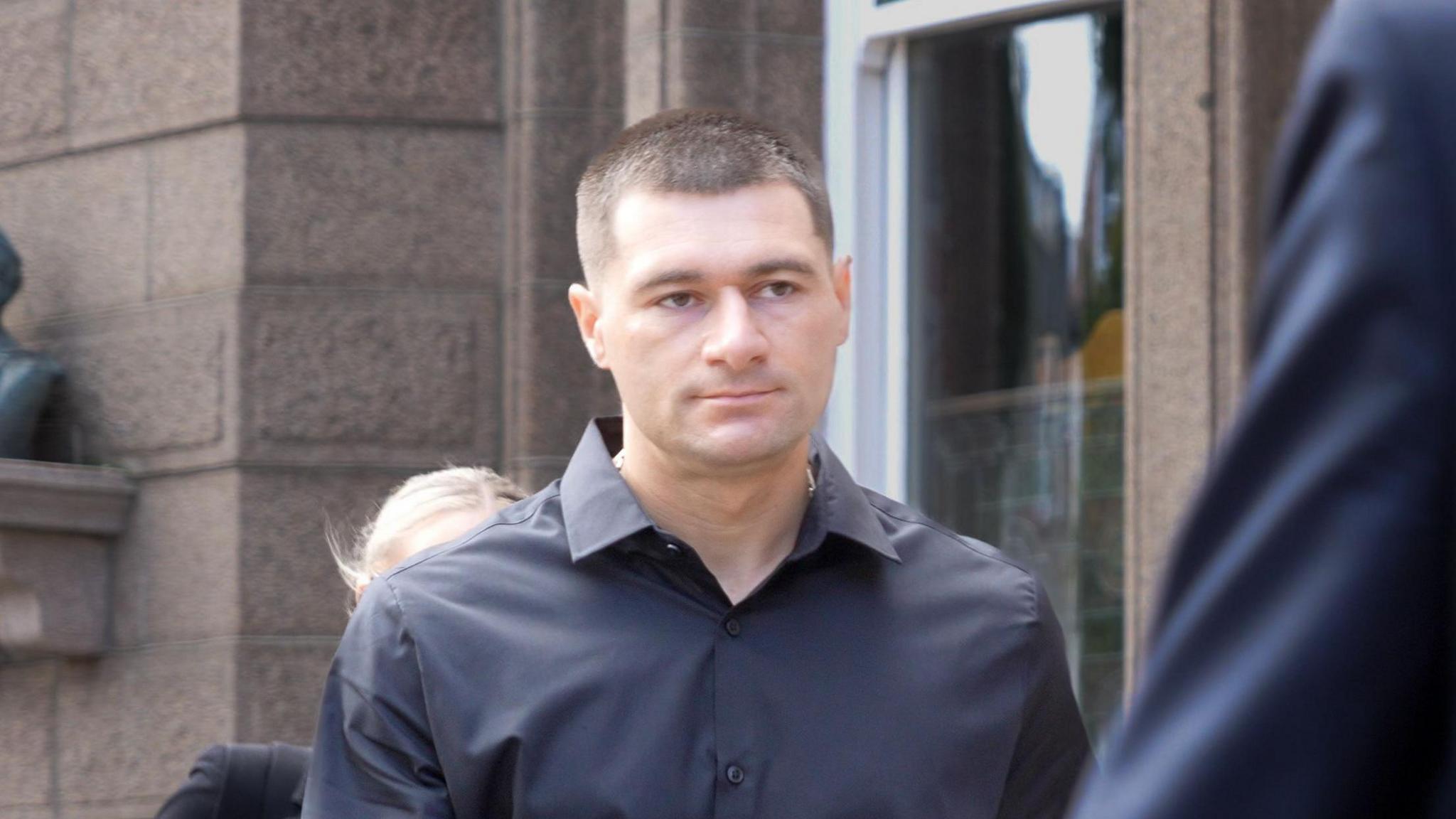Crew may have thought fishing lights on - defence
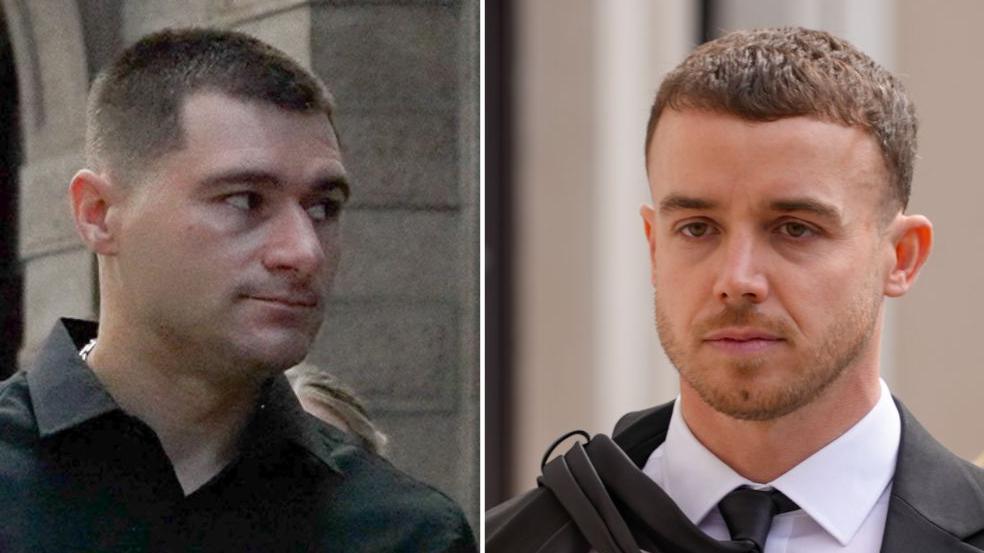
Artur Sevash-Zade and Lewis Carr both deny the manslaughter charges against them
- Published
The fishing trawler which sunk following a collision with a freight vessel may have thought its fishing lights were on but they were not, the defence team of Lewis Carr has concluded.
Mr Carr denies three counts of gross negligence manslaughter over the collision between the Commodore Goodwill and L'Ecume II on 8 December 2022. He is being tried alongside Artur Sevash-Zade for the same charges.
L'Ecume II's skipper Michael Michieli and crew members Larry Simyunn and Jervis Baligat died in the collision.
On Monday, the jury heard the closing statements of both Mr Carr and Mr Sevash-Zade from their lawyers.
In his closing statement, Advocate Simon Thomas asked the Royal Court jury to "put emotions to one side and consider the evidence", including analysis from the CCTV footage which found only one fishing light was on.
Imagery analyst Clive Evans said L'Ecume II's floodlights, mast head light, lower all-round lights and navigational lights were on as it exited the harbour. One fishing light was illuminated.
The defence suggested that the crew onboard may not have realised or checked to see if a bulb had blown and therefore the crew had thought it was the stand-on vessel which had the right of way and would not have to give way to other boats.
The prosecution argued previously that L'Ecume II would regularly keep its fishing lights on during passage to ensure larger vessels would have to steer clear of it under collision regulations.
The defence said Mr Carr, 30, carried out all of the duties expected of him by his employer Condor Ferries and that he acted by the rules as the stand-on vessel - not moving off course as to not confuse the giveway vessel.
Mr Thomas said the evidence of previous interviews were also unreliable due to Mr Carr being in a state of shock and just doing what he could to aid the investigation.
He added that the prosecution had "cherry picked" parts of the interview instead of analysing it all.
Best practice Vs reality
The prosecution told the court in its closing statement that both Mr Carr and Mr Sevash-Zade, 35, had caused the collision by failing to take action to avoid it and that it should have taken action much earlier than it did because L'Ecume II was likely to have had its fishing lights on - giving it right of way.
Mr Carr's defence said his decisions, including sending Mr Sevash-Zade on an early break and writing notes ahead of time, had been shaped by bad practices learnt from senior crew onboard the Goodwill.
The court previously heard Mr Carr had been pressured to get to Jersey as soon as possible due to it being 35 minutes behind schedule.
The defence said that "sometimes tasks are not done by the book" and that the jury could not "ignore" bad practices "that were happening onboard the Goodwill", which expert Capt Brian McJury said he would not expect.
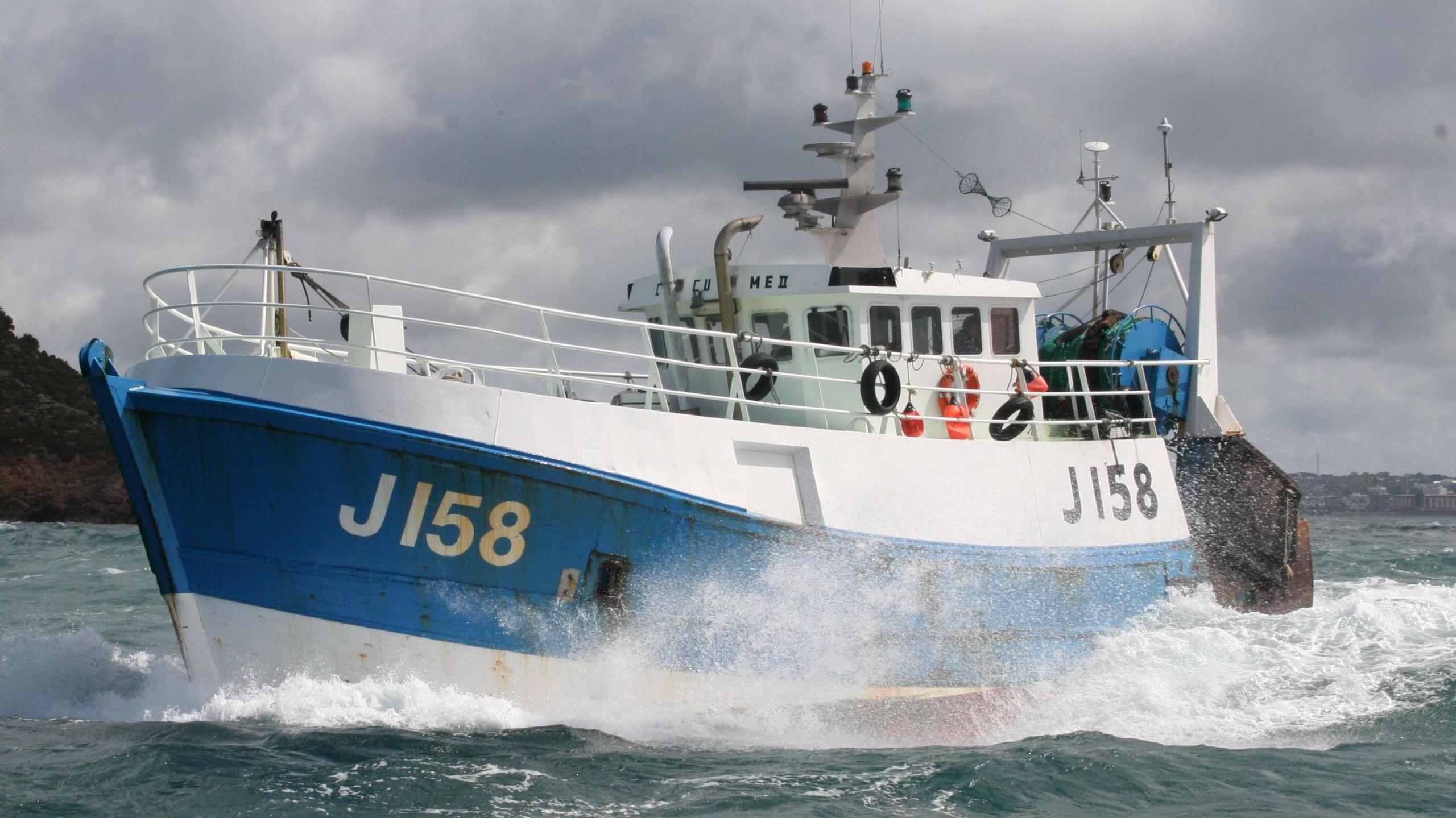
The defence said L'Ecume II might have assumed its fishing lights were on
The jury was asked to also consider the actions of the crew onboard L'Ecume II and that heading in a collision course was a "hugely reckless thing to do".
The prosecution said in its opening statement that the crew onboard L'Ecume II were "likely readying equipment" whilst on its way to the fishing spot.
The defence said L'Ecume II did not keep a watch, that it breached collision regulations and that it "simply did nothing" as the giveway vessel.
Mr Thomas said it was "not the case in which Lewis Carr did nothing" and that he "took positive steps" to monitor L'Ecume II.
He said Mr Carr made "errors of judgement" but not enough to convict him of the charges.
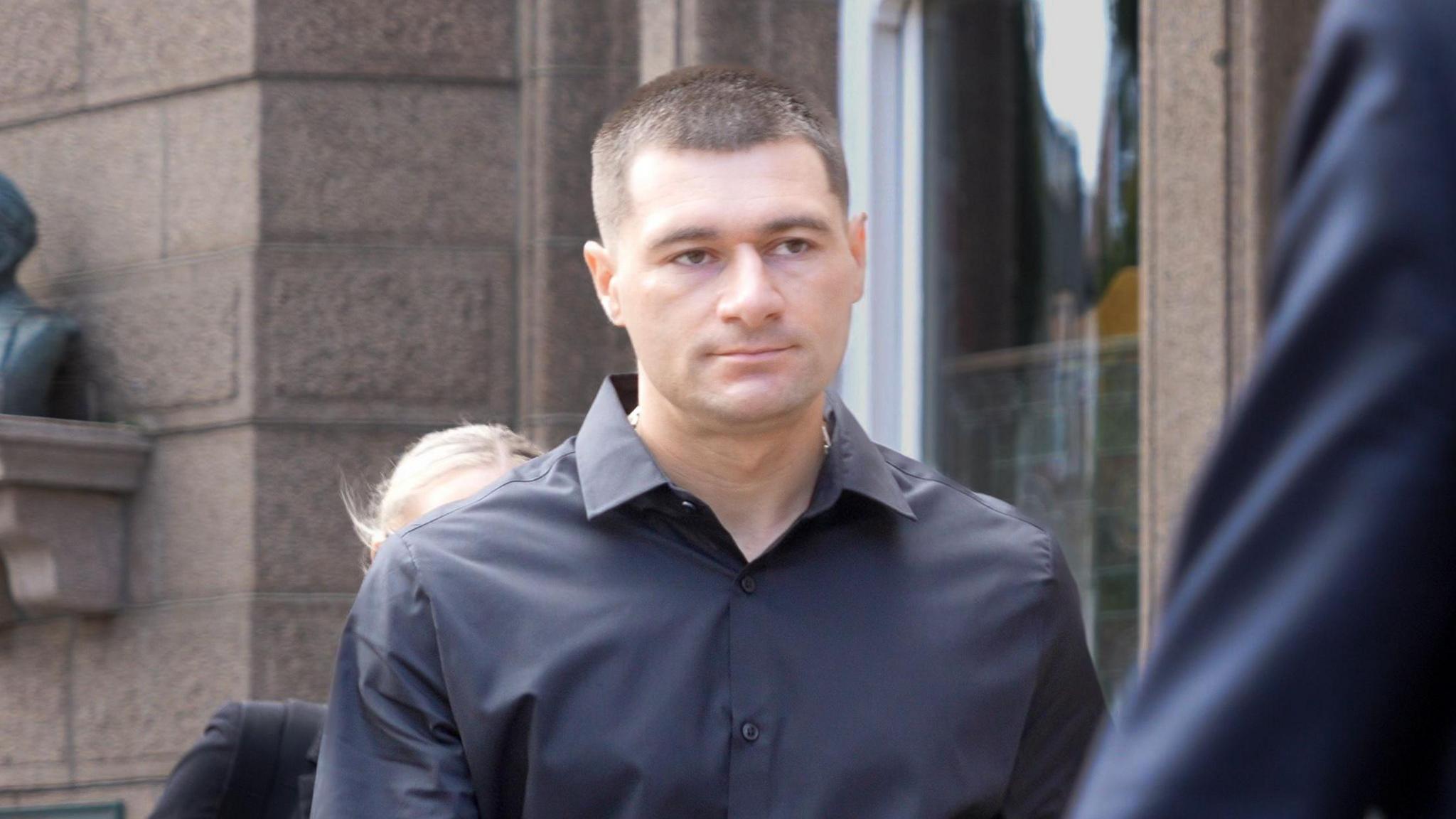
Artur Sevash-Zade was acting as lookout when the collision occurred
Mr Sevash-Zade's defence said the lookout was subordinate and "little more than an afterthought" throughout the trial due to him not being responsible for the deaths of the three fishermen.
Advocate Mike Preston told the court that Mr Sevash-Zade had carried out his duties "entirely properly" and that no evidence was "sufficient to convict this man" of gross negligence manslaughter.
The defence said the rules and standing orders onboard the Goodwill were "breached as a matter of course" - including Mr Sevash-Zade being sent for breakfast, leaving the bridge manned by only one person.
Mr Preston said Mr Sevash-Zade was "one of those resources to be deployed by Mr Carr" to keep a watch alongside the radars and was onboard to assist and do what he was told.
He added that Mr Carr "had all the information at his fingertips" in the lead-up to the collision.
Both defence advocates asked the members of the jury to be absolutely sure of their decision before confirming their verdict.
Follow BBC Jersey on X, external and Facebook, external. Send your story ideas to channel.islands@bbc.co.uk, external.
- Published19 September
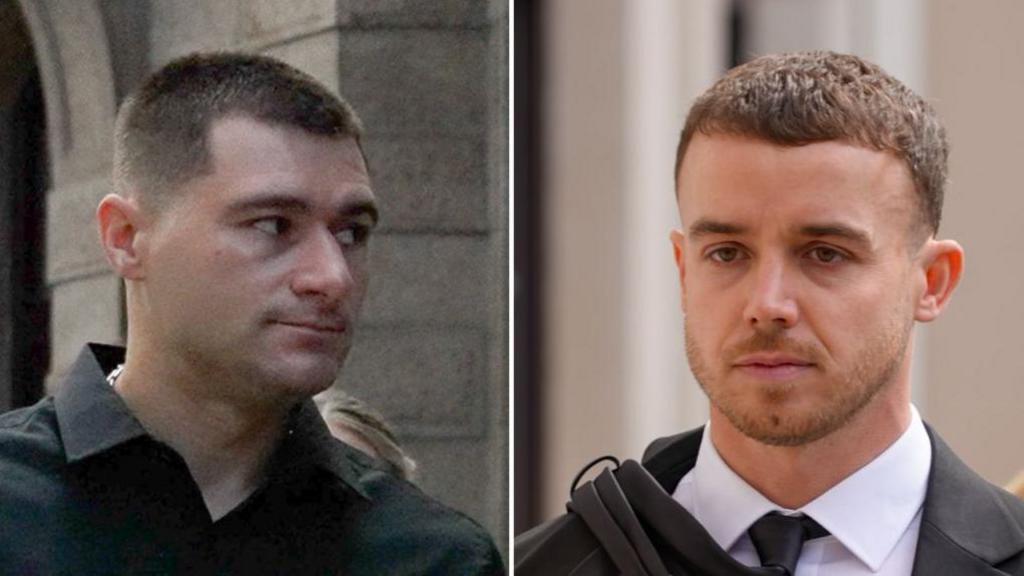
- Published18 September
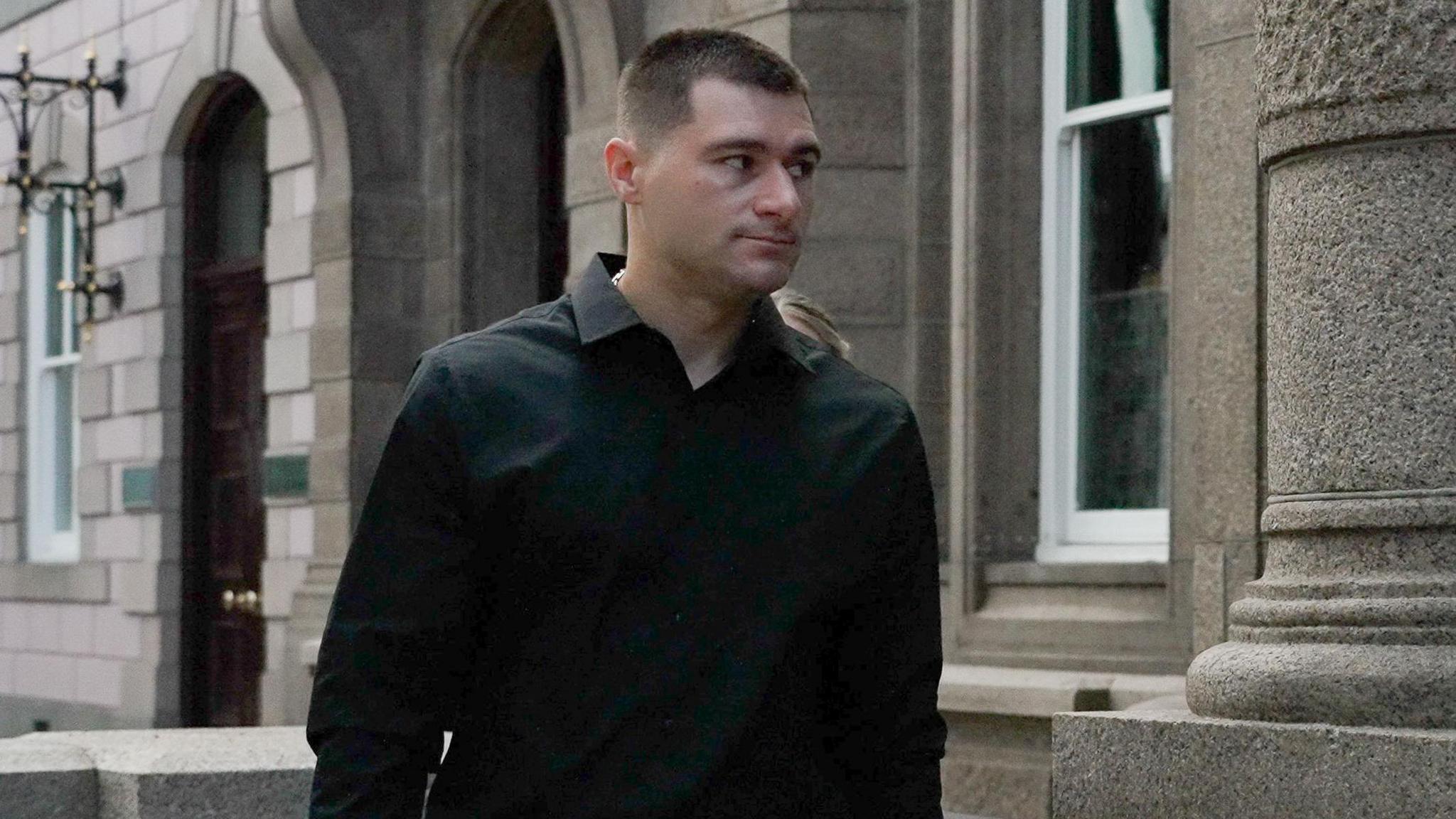
- Published17 September
